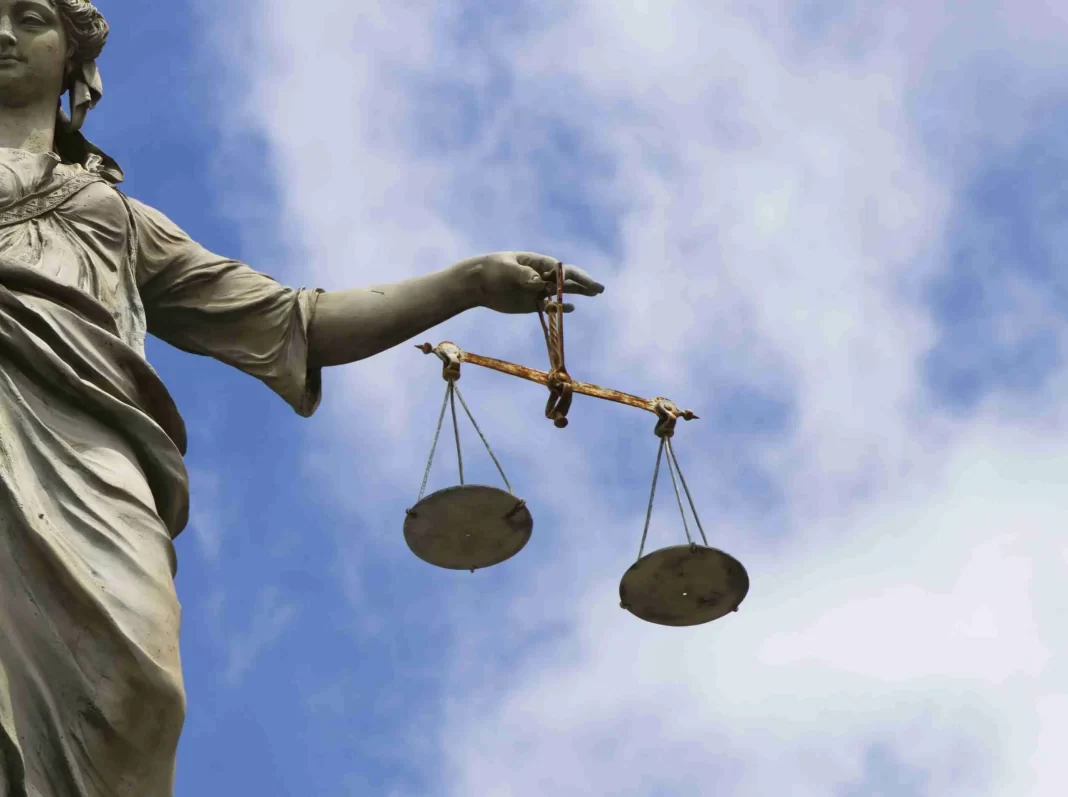Human Rights and Civil Liberties: Pillars of Justice and Equality
Human rights and civil liberties are essential to having a just and equitable society. They are not rights or privileges but universal entitlements that ensure human dignity, give people power, and promote societal harmony. This blog explores the nature, importance, and challenges that come with these pillars of modern civilization.
Understanding Human Rights
Human rights are inalienable, inherent rights granted to every person irrespective of their nationality, race, sex, or any other status. These are placed into international instruments such as the Universal Declaration of Human Rights, where it stipulates basic rights such as:
- Right to Life – The protection of life and safety.
- Freedom of Expression – Unbridled right to voice opinions freely.
- Right to Education – To provide access to knowledge and chances.
- Equality Before the Law – Justice without discrimination.
These rights are the foundation of personal freedom, allowing people to live with dignity and equality.
What Are Civil Liberties?
While human rights apply universally, civil liberties refer to specific freedoms protected by laws or constitutions in a given country. They include;
- Freedom of speech, religion, and press.
- Right to privacy and protection from unreasonable government intrusion.
- Right to fair trial and protection from discrimination.
Civil liberties play a key role in thwarting authoritarianism and promoting government accountability.
The Relationship between Human Rights and Civil Liberties
Although human rights and civil liberties are closely associated, they have different meanings:
Human rights provide broad universal protection to all people of the world.
Civil liberties refer to limited freedoms that exist within the laws of a specific country.
They are supplementary to each other because together they can establish freedom and justice.
Obstacles to Human Rights and Civil Liberties
Despite all these, there are still many challenges that prevent the realization of these ideals:
- Political Oppression – Authoritarian regimes curtail freedoms.
- Inequality – Marginalized groups face systemic discrimination.
- Surveillance – Privacy infringements through government and corporate actions.
- Armed Conflicts – Wars disrupt access to basic rights like safety and education.
- All these require collective effort from individuals, organizations, and governments.
The Role of Advocacy and Activism
Activists and human rights organizations such as Amnesty International and Human Rights Watch play key roles in:
- Awareness of violations
- Legal aid for victims
- Accountability for perpetrators
The digitalization of media has further amplified voices and fostered global solidarity.
Empowering Individuals and Communities
Human rights and civil liberties empower individuals by:
- Promoting equality and inclusivity
- Enhancing access to opportunities
- Encouraging civic participation and leadership
Communities flourish when every member can contribute without fear or oppression.
A Call to Action
As a global citizen, it is our duty and responsibility to stand up and fight for human rights and civil liberties. Through advocacy, education, and leaders being held accountable, we can create a world where justice and equality will reign.
“To deny people their human rights is to challenge their very humanity.” – Nelson Mandela
Let us stand for such principles to create a brighter, freer future for all of us.
Conclusion
Human rights and civil liberties are not abstract concepts; they are lifelines that sustain justice, equality, and freedom. In the face of ongoing challenges, unwavering commitment and collective effort are essential to protect and promote these ideals.


